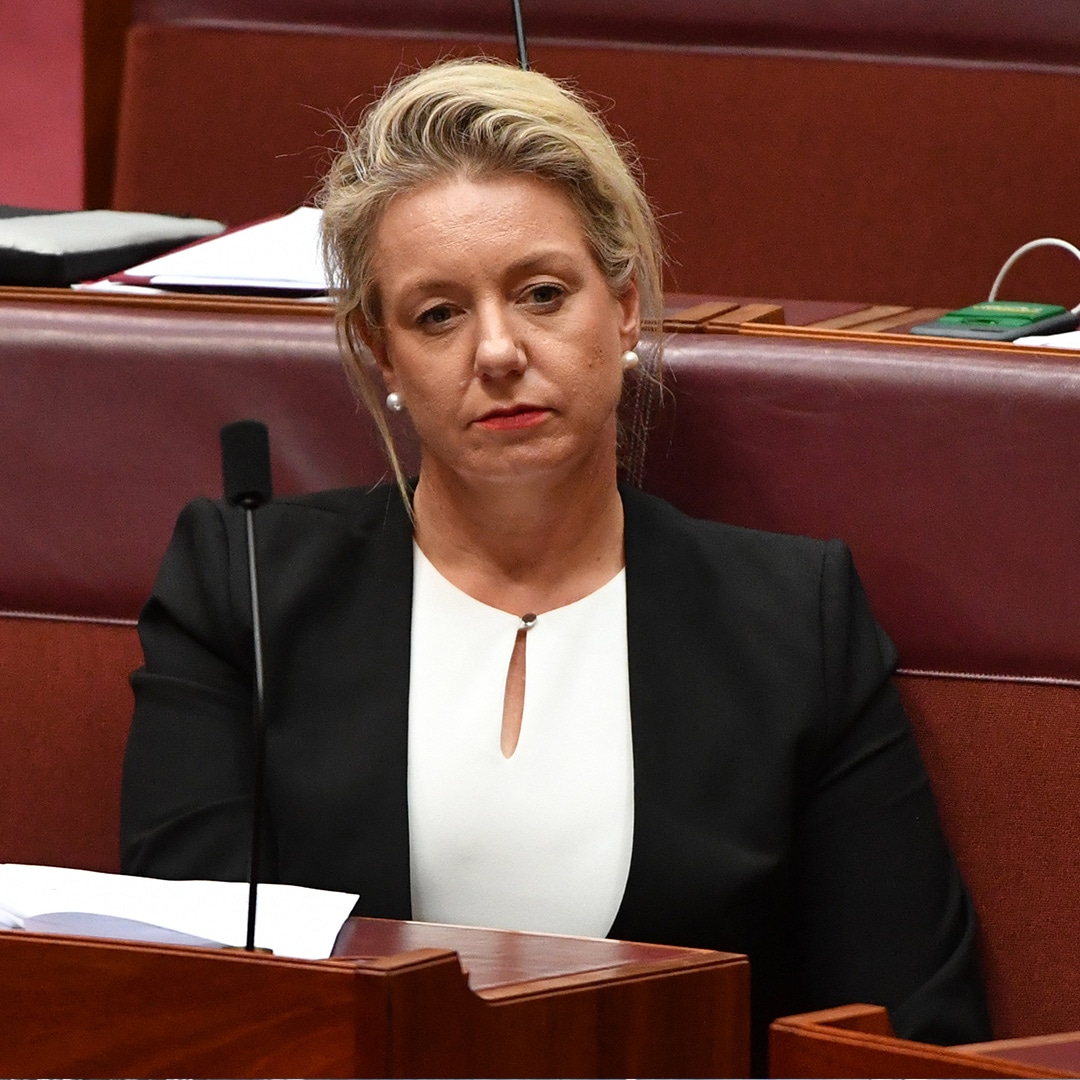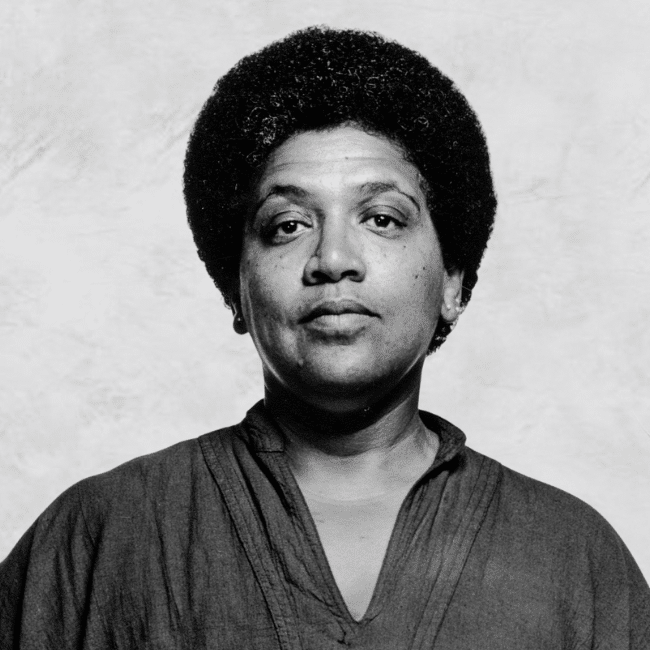McKenzie... a fractured cog in a broken wheel

McKenzie… a fractured cog in a broken wheel
Opinion + AnalysisPolitics + Human Rights
BY Simon Longstaff The Ethics Centre 18 FEB 2020
In many cases, the response to scandal is often as instructive as an assessment of its cause. So it has proved to be in the case of the issues that led to the resignation of Senator Bridget McKenzie as a Federal Government Minister.
The findings of the Auditor General unleashed a fair amount of anger and disgust – especially amongst community groups who were deemed to be meritorious recipients of funding but who missed out due to political considerations.
While I understand the outrage, strong emotions can make us blind to areas of ethical importance. As citizens, we need to notice the rapid normalisation of deviance that is eroding the foundations of our representative democracy.
In this, we should look to the insights of Edmund Burke who recognised the role played by traditions and conventions in maintaining the integrity of institutions and societies.
Those who know my writings might be surprised to find me ‘channelling’ Burke. For three decades, I have warned of the perils of unthinking custom and practice. But note that my target has always been practices and arrangements that are unthinking. I am a great admirer of customs and practices that derive their life from a conscious application of purpose, values and principles.
Too often, it is the dead hand of tradition that leads institutions to betray their underlying purposes, lose legitimacy and invite revolution. In that sense, I think that Edmund Burke and I would be in perfect accord.
I also think that Burke would be deeply concerned by the radical turn away from convention taken by the government of Prime Minister, Scott Morrison, in response to the ANAO’s ‘Sports Rort’ Report.
The government’s response has been marked by a persistent refusal to acknowledge and uphold, in practice, a couple of fundamental principles. First, that public power and monies (levied by taxes) should be used exclusively for public purposes. Second, that Ministers are responsible for all that is done in their name.
Instead, the government and its representatives have sought to distract the public by laying some false trails. They have claimed that ‘no rules were broken’. They have argued that the ‘ends justified the means’. They have suggested that the Minister should be excused from responsibility for the activities of her advisers (and possibly advisers in the offices of other ministers) who shaped decisions according to the political interests of the Coalition parties.
The fact that Senator McKenzie resigned over a ‘technical breach’ of the Ministerial Code – without any sense of remorse or censure for the way she exercised discretion in the allocation of public funds – has reinforced the public’s perception that politics and ethics have become estranged.
Just the other day someone said to me, “I can’t believe you expected anything different …”. The person then paused, in mid-sentence, and said, “Did I really just say that …? What has happened to us?”. Indeed, how have we come to accept such low standards as ‘normal’? When will we realise that we are being robbed of our reasonable expectations as citizens in a democracy?
Our government’s behaviour may deserve moral censure. However, we should not let this obscure the fact that its response to the ‘Sports Rort’ reveals a woeful lack of commitment to the preconditions for a functioning representative democracy. It is this, more than anything else, that should really worry us.
“Our government’s behaviour may deserve moral censure. However, we should not let this obscure the fact that its response to the ‘Sports Rort’ reveals a woeful lack of commitment to the preconditions for a functioning representative democracy.”
One result of a lack of clear commitment to ethics within government has been the growing demand for a Federal Integrity Commission. The idea is popular with the general public – who are sick of being held accountable for their conduct while watching the most powerful people in the nation letting each other off the hook. Given this, the major political parties are committed to the creation of this new, independent oversight body.
Personally, I think it incredibly sad that it has come to this. That multiple generations of politicians, from across the political spectrum, have made this necessary is an indictment of their stewardship of our democratic institutions.
However, if it is to be done, then it must be done well. There is no point in the Parliament putting in place a ‘paper tiger’ limited to reviewing the most extreme cases of ethical failure by the smallest possible subset of public officials. It is for that reason, I support the Beechworth Principles which were launched this week.
We deserve governments that earn our trust and preserve their legitimacy. Is that really too much to ask of our politicians?
Ethics in your inbox.
Get the latest inspiration, intelligence, events & more.
By signing up you agree to our privacy policy
You might be interested in…
Explainer
Politics + Human Rights, Relationships
Ethics Explainer: Autonomy
Opinion + Analysis
Politics + Human Rights
Ethics Explainer: Freedom of Speech
Opinion + Analysis
Business + Leadership, Politics + Human Rights
Australia’s fiscal debt will cost Gen Z’s future
Big thinker
Politics + Human Rights, Society + Culture
Big Thinker: Audre Lorde
BY Simon Longstaff
After studying law in Sydney and teaching in Tasmania, Simon pursued postgraduate studies in philosophy as a Member of Magdalene College, Cambridge. In 1991, Simon commenced his work as the first Executive Director of The Ethics Centre. In 2013, he was made an officer of the Order of Australia (AO) for “distinguished service to the community through the promotion of ethical standards in governance and business, to improving corporate responsibility, and to philosophy.”
BY The Ethics Centre
The Ethics Centre is a not-for-profit organisation developing innovative programs, services and experiences, designed to bring ethics to the centre of professional and personal life.
The youth are rising. Will we listen?

The youth are rising. Will we listen?
Opinion + AnalysisClimate + EnvironmentPolitics + Human RightsRelationshipsSociety + Culture
BY Danielle Harvey The Ethics Centre 18 FEB 2020
When we settled on Town Hall as the venue for the Festival of Dangerous Ideas (FODI) 2020, my first instinct was to consider a choir. The venue lends itself to this so perfectly and the image of a choir – a group of unified voices – struck me as an excellent symbol for the activism that is defining our times.
I attended Spinifex Gum in Melbourne last year, and instantly knew that this was the choral work for the festival this year. The music and voices were incredibly beautiful but what struck me most was the authenticity of the young women in Marliya Choir. The song cycle created by Felix Riebel and Lyn Gardner for Marliya Choir embarks on a truly emotional journey through anger, sadness, indignation and hope.
A microcosm of a much larger phenomenon, Marliya’s work shows us that within these groups of unified voices the power of youth is palpable.
Every city, suburb and school has their own Greta Thurnbergs: young people acutely aware of the dangerous reality we are now living in, who are facing the future knowing that without immediate and significant change their future selves will risk incredible hardship.
In 2012, FODI presented a session with Shiv Malik and Ed Howker on the coming inter-generational war, and it seems this war has well and truly begun. While a few years ago the provocations were mostly around economic power, the stakes have quickly risen. Now power, the environment, quality of life, and the future of the planet are all firmly on the table. This has escalated faster than our speakers in 2012 were predicting.
For a decade now the FODI stage has been a place for discussing uncomfortable truths. And it doesn’t get more uncomfortable than thinking about the future world and systems the young will inherit.
What value do we place on a world we won’t be participating in?
Our speakers alongside Marliya Choir will be tackling big issues from their perspective: mental health, gender, climate change, indigenous incarceration, and governance.
First Nation Youth Activist Dujuan Hoosan, School Strike for Climate’s Daisy Jeffery, TEDx speaker Audrey Mason-Hyde , mental health advocate Seethal Bency and journalist Dylan Storer add their voices to this choir of young Australians asking us to pay attention.
Aged from 12 to 21, their courage in stepping up to speak in such a large forum is to be commended and supported.
With a further FODI twist, you get to choose how much you wish to pay for this session. You choose how important you think it is to listen to our youth. What value do you put on the opinions of the young compared to our established pundits?
Unforgivable is a new commission, combining the music from the incredible Spinifex Gum show I saw, with new songs from the choir and some of the boldest young Australian leaders, all coming together to share their hopes and fears about the future.
It is an invitation to come and to listen. To consider if you share the same vision of the future these young leaders see. Unforgivable is an opportunity to see just what’s at stake in the war that is raging between young and old.
These are not tomorrow’s leaders, these young people are trying to lead now.
Tickets to Unforgivable, at the Festival of Dangerous Ideas on Saturday 4 April are on sale now.
Ethics in your inbox.
Get the latest inspiration, intelligence, events & more.
By signing up you agree to our privacy policy
You might be interested in…
Opinion + Analysis
Relationships
Violent porn denies women’s human rights
Opinion + Analysis
Relationships
Praying for Paris doesn’t make you racist
Explainer
Relationships
Ethics explainer: Normativity
Explainer
Relationships









